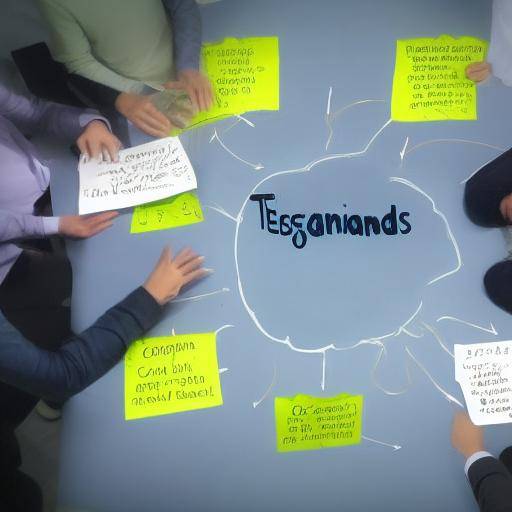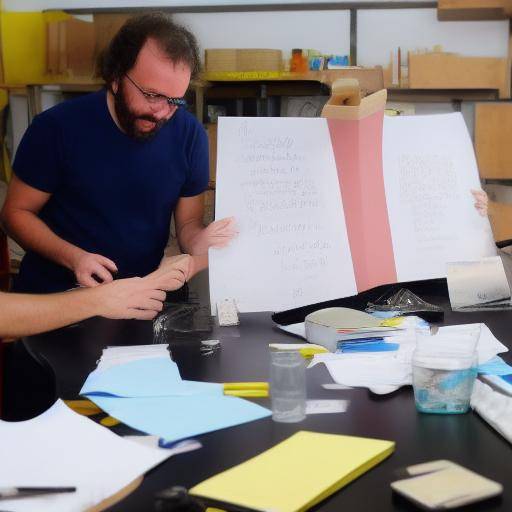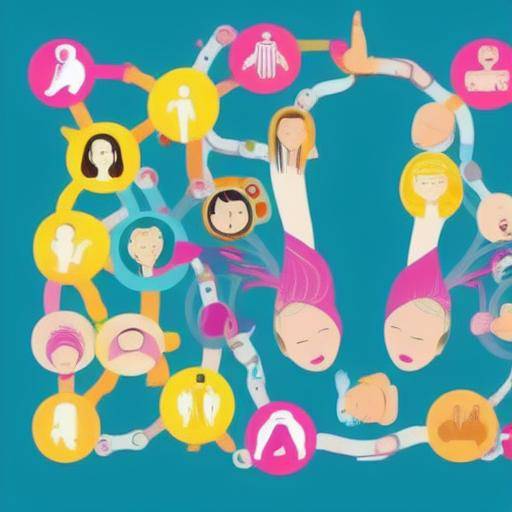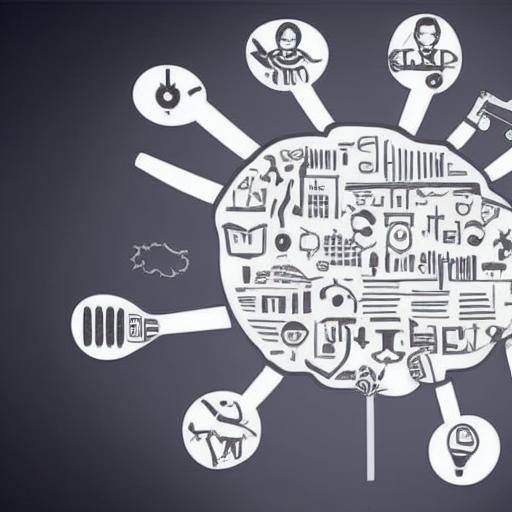
The process of innovation and entrepreneurship is fundamental to the development of companies and societies. Mental flexibility plays a crucial role in this context, as it allows to adapt to changes, identify opportunities and generate creative solutions. In this article, we will explore in depth the importance of mental flexibility in innovation and entrepreneurship, examining its historical relevance, benefits, challenges and practical application in different contexts. We will also consider prospects for experts, future trends and practical advice to promote mental flexibility in innovation and entrepreneurship.
Introduction
Innovation and entrepreneurship are key drivers of economic growth and business evolution. These processes involve generating new ideas, implementing new strategies and creating value in a highly competitive and changing environment. Mental flexibility, understood as the ability to adapt to new situations, embrace uncertainty and see change as an opportunity, plays an essential role in the development and success of innovation and entrepreneurship. As we move forward, we will examine thoroughly how mental flexibility drives innovation and entrepreneurship, providing valuable information and practical advice to foster this skill.
History and Background
The relationship between mental flexibility, innovation and entrepreneurship dates back centuries, where individuals and communities were forced to adapt to changing environments to survive and thrive. The capacity to innovate and undertake has been fundamental to human development, from industrial revolution to the digital era. During periods of accelerated change, mental flexibility has become an invaluable asset. For example, in the 1970s, during the oil crisis and the economic recession, companies that adopted flexible strategies managed to survive and thrive, while those who clung to obsolete business models suffered significant consequences.
Analysis in Deep
Mental flexibility in the context of innovation and entrepreneurship allows organizations to explore new opportunities, respond agilely to market demands and maintain competitive advantage. In a recent study conducted by a recognized university, it was found that companies that fostered mental flexibility among their employees were more likely to generate innovative ideas, quickly adapt to changes in the business environment and maintain high levels of motivation and commitment.
Comprehensive review
Applying strategies that promote mental flexibility in innovation and entrepreneurship is crucial in order to efficiently manage the challenges that arise in dynamic and competitive environments. In this regard, practices such as promoting diversity of thought can be implemented within work teams, promoting experimentation and continuous learning, as well as adopting agile methodologies for the development of products and services.
Comparative analysis
Innovation, mental flexibility and entrepreneurship are interconnected in multiple ways. While innovation involves the introduction of new ideas and approaches, mental flexibility allows to embrace and adapt to these new ideas, and entrepreneurship involves the practical implementation of innovations by creating new businesses or introducing new products and services in a market. Despite their differences, these three dimensions complement each other and are fundamental to economic and social progress.
Practical Tips and Accessible Tips
Fostering mental flexibility in innovation and entrepreneurship can be achieved through the adoption of an open mindset to change, the promotion of diversity of thought within organizations, the encouragement of experimentation and continuous learning, and the strengthening of resilience to adversity. These practices not only improve the capacity of innovation and entrepreneurship, but also promote a more dynamic and enriching working environment for employees.
Industry Visions and Expert Reviews
According to experts in the field of innovation and entrepreneurship, mental flexibility is a crucial element in ensuring the long-term sustainability and success of organizations. In a survey of business leaders, it was stressed that the ability to adapt quickly to market and society changes is a key competition for companies seeking to stay relevant and competitive in a constantly evolving world.
Case Studies and Applications in Real Life
Many cases highlight the importance of mental flexibility in innovation and entrepreneurship. For example, the "X" technology company faced a significant disruption in its sector due to unexpected technological advances. Instead of resisting change, the company encouraged mental flexibility among its employees, allowing them to identify emerging opportunities and quickly adapt their trade strategies. By adopting a flexible and open mindset to change, the company managed to secure its market position and continue its growth.
Future Trends and Predictions
Current trends point to the growing importance of mental flexibility in the context of innovation and entrepreneurship. With the advent of artificial intelligence, automation and globalization, organizations will face increasingly complex and rapid challenges. Those who are prepared to promote mental flexibility among their teams will be better equipped to address these challenges and capitalize on emerging opportunities.
Conclusion
Mental flexibility plays a key role in innovation and entrepreneurship. Their ability to adapt to changes, identify opportunities and generate creative solutions is essential for success in a dynamic and competitive business world. By fostering mental flexibility, organizations and entrepreneurs can innovate more effectively, adapt to market changes and maintain competitive advantage. Ultimately, cultivating mental flexibility in innovation and entrepreneurship not only drives economic growth, but also enriches the personal and professional development of those involved in these activities.
Frequently asked questions
Why is mental flexibility important in innovation and entrepreneurship?
Mental flexibility allows individuals and organizations to adapt to changing environments, identify emerging opportunities and generate innovative solutions, which is fundamental in the context of innovation and entrepreneurship.
How can mental flexibility be fostered in work teams?
Mental flexibility can be encouraged by promoting diversity of thought, encouraging experimentation and continuous learning, and adopting agile methodologies for product and service development.
What are the benefits of mental flexibility in innovation?
The benefits of mental flexibility in innovation include the ability to quickly adapt to market changes, the generation of innovative ideas and the ability to maintain high levels of motivation and commitment among team members.
What are the challenges associated with promoting mental flexibility in organizations?
Some challenges include resistance to change, the need to overcome organizational inertia and the guarantee that mental flexibility is translated into concrete actions and tangible results.
How does mental flexibility influence the success of entrepreneurship?
Mental flexibility allows entrepreneurs to identify niche opportunities, adapt to unexpected changes in the market and face challenges with a proactive mentality, which contributes significantly to the long-term success of an enterprise.
What is the impact of mental flexibility on organizational culture?
Promoting mental flexibility in organizational culture fosters a dynamic, innovative and collaborative working environment, which can contribute to the retention of talent, the development of creative solutions and the improvement of the overall performance of the company.
Concluding, mental flexibility is a fundamental pillar on the road to successful innovation and the promotion of entrepreneurship. By understanding its historical relevance, exploring benefits, challenges, practical applications and considering future trends, we can demonstrate its positive impact on business. By fostering mental flexibility, organizations, entrepreneurs and work teams can strengthen their innate capacity for adaptation, generate innovative solutions and stay at the forefront in a constantly evolving business environment.








































